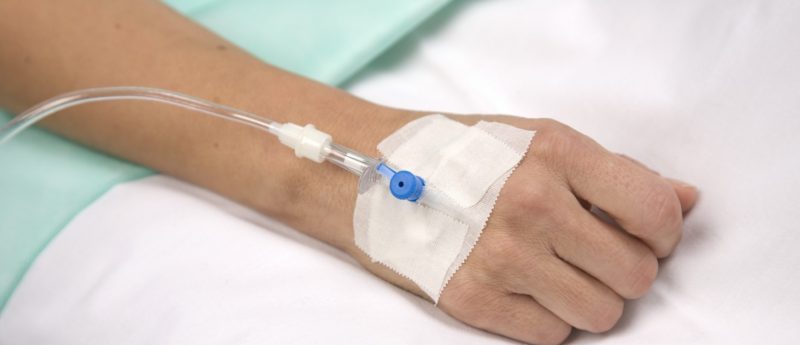Chronic heart failure clinical trial: mesenchymal stem cell therapy safety & viability reported

A Phase IIa clinical trial utilizing intravenous administration of mesenchymal stem cells in cardiac patients has reported positive safety and efficacy results.
Clinical study data presented by Javed Butler (Stony Brook University, NY, USA) at the European Society of Cardiology Congress 2016 (Italy) have demonstrated the potential of intravenous (iv.) mesenchymal stem cell administration as a therapeutic approach for chronic heart failure.
Based on previous research, the scientists believed that mesenchymal stem cells may have a positive effect on cardiac regeneration through paracrine properties, rather than the admininstered cells themselves integrating, meaning the more common and direct approach to the myocardium may not be necessary. Dr Javed Butler, Chief of the Cardiology Division and Co-Director of the Heart Institute at Stony Brook University, commented: “We hypothesized that these [paracrine] benefits should also be retained with iv. administration, and, theoretically, enhanced in heart failure patients who do not have any evidence of myocardial scarring. The results support that iv. administration is a safe and viable strategy that has the potential to offer significant health benefits.”
The Phase IIa clinical trial, sponsored by CardioCell LLC (CA, USA), is the first to study iv. infusion of allogeneic ischemia-tolerant mesenchymal stem cells (itMSCs) in patients with non-ischemic cardiomyopathy. The single-blind, placebo-controlled crossover study enrolled 22 patients with non-ischemic cardiomyopathy and a left ventricular ejection fraction of less than 40%. Patients were randomized into treatment and placebo groups and progress was tracked at baseline, at 90 days and at 180 days.
The trial evaluated the safety and tolerability of the iv.-administered itMSCs, and found that there were no major alterations in safety end points recorded, including all-cause mortality, all-cause hospitalization and adverse events. It also assessed several clinical efficacy end point measurements and the results illustrated statistically significant improvement in a 6-min walk test and Kansas City Cardiomyopathy Questionnaire quality-of-life scores.
Finally, the study also demonstrated a positive immune modulatory benefit, which is believed to be noteworthy due to the suspected role inflammation plays in the progression of heart failure. A statistically significant reduction in natural killer cells was also recorded, which correlated with improvement in left ventricular ejection fraction.
“Based on these promising clinical-trial findings, CardioCell is excited to be developing larger studies based on iv. delivery of our [therapy] for heart failure indications, including both non-ischemic and ischemic cardiomyopathy,” stated CardioCell CEO Sergey Sikora. In chronic conditions such as heart failure where multiple stem cell
treatments are required, the previously adopted technique of delivering
stem cells directly to the myocardium via catheter or surgery is not
practical. This study has therefore highlights that intravenous
administration is a potential less invasive, safe and effective alternative.
— Written by Adam Price-Evans
Sources: http://www.prnewswire.com/news-releases/cardiocell-reports-positive-results-from-the-first-phase-iia-clinical-trial-using-iv-administration-of-stem-cells-for-chronic-heart-failure-indications-300318580.html; http://stemcardiocell.com/clinical-trials/chronic-heart-failure/